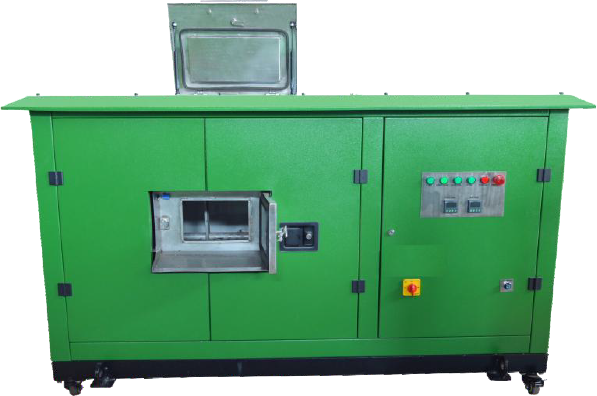8 Reasons Why Composting is Good For The Environment?

Composting is the process of breaking down organic materials, such as food scraps and yard waste, into a nutrient-rich soil amendment called compost. It’s like giving Mother Nature a helping hand in her never-ending cycle of life.
How does composting help the environment?
- Reduces landfill waste
By composting your kitchen scraps and yard trimmings, you can divert a significant amount of waste from ending up in landfills. This reduces the production of harmful greenhouse gases like methane, which contribute to climate change.
2. Improves soil health
Compost enriches the soil by providing essential nutrients and enhancing its ability to retain water. Healthy soils support plant growth, increase biodiversity, and help combat erosion.
3. Decreases the need for chemical fertilizers
Compost acts as a natural fertilizer, reducing reliance on synthetic chemicals that can harm ecosystems when they leach into water sources or disrupt beneficial organisms in the soil.
4. Suppresses pests and diseases
Using compost in gardens or agricultural fields promotes healthy plants with strong immune systems that are less susceptible to pests and diseases. This decreases the need for pesticides and other harmful chemicals.
5. Conserves water:
Compost improves soil structure, allowing it to retain moisture more efficiently. As a result, less irrigation is needed for plants grown in compost-amended soils, conserving precious freshwater resources.
6. Mitigates climate change impacts
When organic matter decomposes anaerobically in landfills without oxygen (as opposed to aerobic decomposition through composting), it produces methane gas—a potent greenhouse gas that contributes significantly to global warming.
7. Promotes sustainable agriculture practices
Incorporating compost into farming operations supports sustainable agriculture by improving crop productivity while minimizing environmental impacts such as pollution from runoff or excessive fertilizer use.
8. Encourages recycling mindset
Engaging in composting encourages individuals and communities to adopt an overall recycling mindset—valuing resource conservation rather than contributing unnecessarily to overconsumption and waste generation.
How to start composting
First, choose the right location for your compost pile. It should be in a well-drained area that receives partial sunlight. Make sure it’s easily accessible so you can add organic waste regularly.
Next, gather the materials you’ll need for your compost pile. This includes both brown and green materials. Brown materials are rich in carbon and include items like dried leaves, twigs, and newspaper. Green materials are high in nitrogen and consist of kitchen scraps, grass clippings, and plant trimmings.
Once you have your materials ready, start layering them in your compost bin or pile. Alternate between layers of brown and green material to achieve the right balance of carbon and nitrogen.
Turn your compost regularly to aerate it and speed up the decomposition process. This helps create an optimal environment for beneficial microorganisms that break down organic matter.
Conclusion
Composting is a simple yet effective way to reduce waste and improve the environment. By transforming organic waste into nutrient-rich compost, we can minimize landfill usage, decrease greenhouse gas emissions, conserve water resources, and promote healthy soil and plant growth.